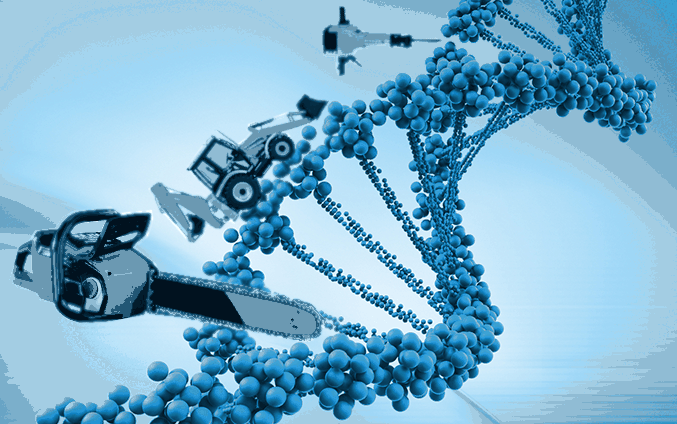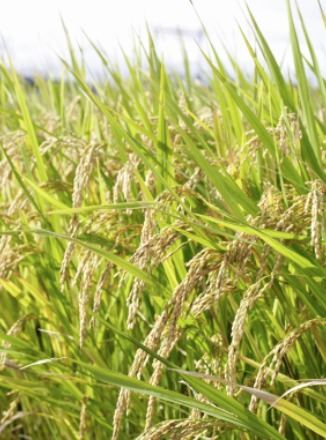Just a few short weeks after the highly irreverent yet still important Ig Nobel Ceremony, the science community recognized the cream of its crop with the 2023 Nobel Prizes in the first full week of October. The dates for the official announcements are aligned with their usual order throughout the years, always announcing Physiology and Medicine first, then Physics, then Chemistry. The Nobel Committee will transition toward the Literature and Peace prizes to round out the week before Economics is announced on the following Monday. As usual, these prizes recognize a lifetime of work that has given the greatest benefit to humanity. Click the links to check out some of our picks for greatest Nobel science achievements as well a look at last year's Nobel winners, but here we go for this year's running tally of scientific legend.
I was recording a new BioChat (you should subscribe) recently with a professor at Harvard. We discussed gene therapy in passing for the disease he was studying, and one of the things that he brought up was the need to ensure that whatever therapy is designed has to be safe and effective. This of course is the promise and also the challenge of CRISPR-based research, in which the model is known but the targeting efficiency isn't where it needs to be in order to be of practical use in therapeutics. This is a big reason why the biomedical research world was abuzz with the recent announcement (and preprint) of a major discovery by scientists at the Broad Institute, where they characterized the mechanisms and the potential utility of a system similar to CRISPR in eukaryotes.
May 22 is the annual International Day for Biological Diversity, which seeks to maintain and improve the diversity of plant, animal, and microorganism species across our planet through the protection and maintenance of their native ecosystems. Given the human dependence on biodiversity to sustain us, particularly in our food supply, this is an important issue to raise awareness for and to enact policies and mechanisms to provide food security and prevent famine and disease. With plants being the backbone of nearly every ecosystem and food chain on Earth, many scientists are considering plant biology to address these major global issues, especially as biodiversity continues to be threatened by global climate change and other human interventions.
Computers are ubiquitous in our lives now, particularly the majority of us who have a miniature supercomputer in the palm of our hands. With more efficient and powerful computer technology coupled with the understanding that biology is much more complex than dissecting out the role of a single protein in a signaling pathway, the relatively new field of computational biology and bioinformatics has exploded over the past few decades as researchers needed new tools and strategies to understand biology on a systems level. This has allowed non-traditional professionals to enter bioscience research, from primarily computer scientists to bench scientists who have taught themselves coding and statistics. As the computational component has permeated through nearly all of modern biology, we realize that there is a beneficial coexistence between the experimentalists and the keyboard warriors who make sense of growing datasets.







